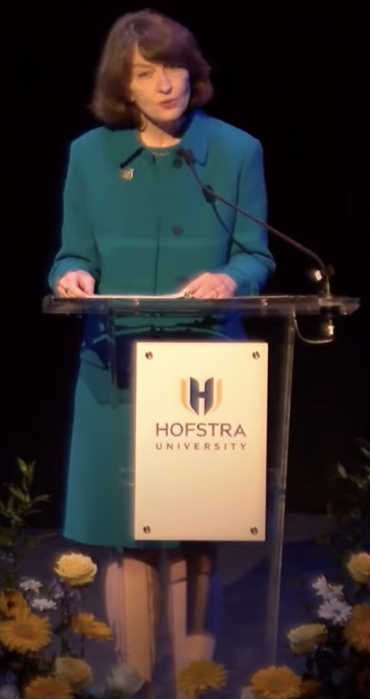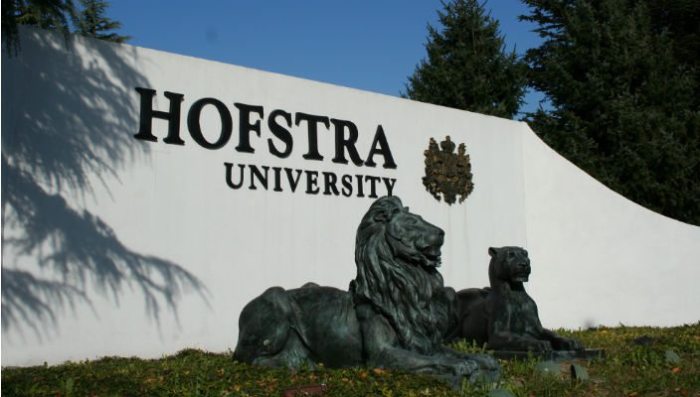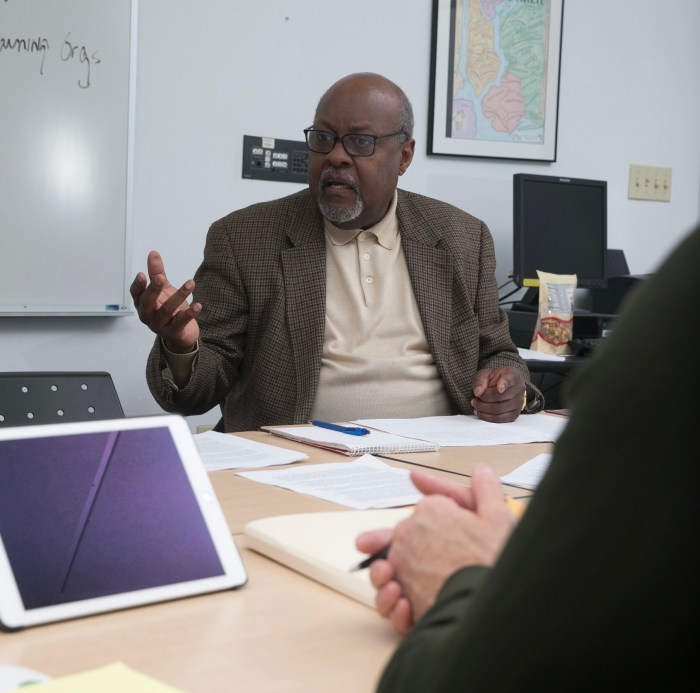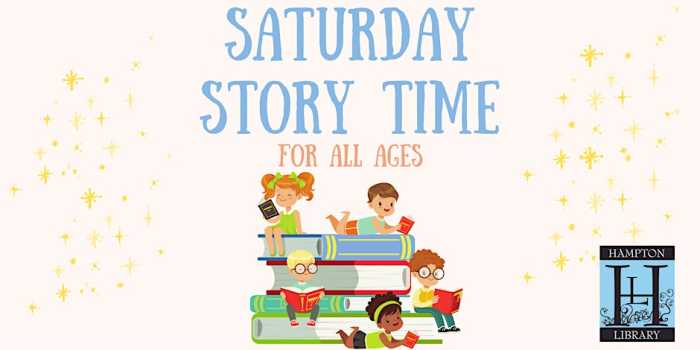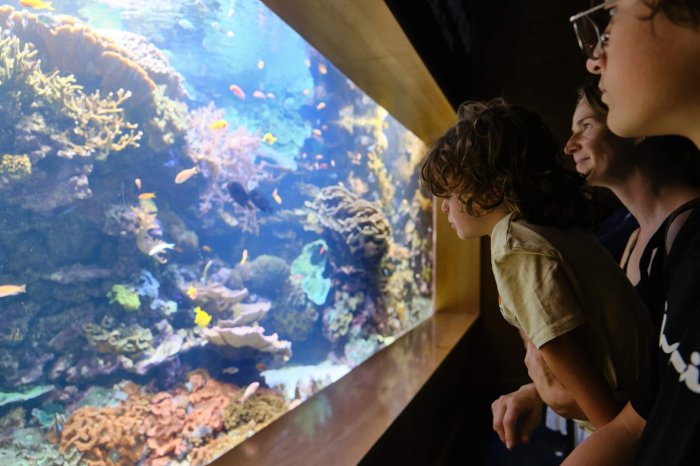Hofstra University has taken a significant step in supporting AI usage for its students.
In September, Hofstra President Susan Poser announced that the university would enter into a campus-wide license agreement with the educational generative AI program ChatGPT Edu, owned by its parent company, OpenAI.
She and Mitchell Kase, director of the University’s Center for Excellence in Learning, Teaching, and Assessment, touted the new program as a positive way for students to supplement their learning and learn how to work with AI, a skill they believe will be necessary for those looking to join the workforce in the coming years.
He stated that the campus-wide implementation followed a successful pilot last year.
“We’re providing ChatGPT Edu to everyone at Hofstra so that we can develop the community’s skills – particularly students’ ability to use generative AI,” Kase said. “That way, when they go into the workforce, when they go get a job or an internship, they are competent and prepared to use AI across industries.”
He said he hoped providing the resource to students would help them see AI as a resource, tool and partner, not an easy way out.
“I would hope that students view AI as something that can help them in their learning, that can be a partner, not really a shortcut,” Kase said. “I see it as a resource that can help them, might spark curiosity, deepen critical thinking or expand on what they’re already capable of doing. I think when students use it thoughtfully, creatively and responsibly, that AI can really be useful in helping students to think more deeply.”
In a Sept. 17 statement, Hofstra said the program is designed specifically for educational institutions and offers a secure, private and institutionally managed version of ChatGPT. Kase said the university’s contract with OpenAI has language that prevents the parent company from using the data students and staff provide to the program to train its large language models, ensuring that their information remains confidential.
He said faculty have the option to incorporate or not incorporate the AI program in their classes, but have been given guidance on how to use it, assignment and assessment recommendations and sample language for conditions for its use to place in their syllabi.
Kase said all faculty are opting to use the program to a different extent and that the guidelines around its use are up to each professor’s discretion. He added that if a student does not want to use the AI program, they can communicate with their teacher. It would be up to the student and their professor to find a solution.
“Students, at least in my classes where I’ve used AI, have found it to be helpful,” Kase said. “I teach a writing composition course for freshmen, and I will highlight some of the tools that are available to students. We’ll walk through different types of applications and talk about how to evaluate the output from generative AI, how to think critically about it, and we tie that in in a very guided approach to the learning process.”
Kase said the Center for Excellence in Learning, Teaching and Assessment is launching an AI faculty learning community, which will focus exclusively on working with faculty on the use of generative AI and learning, teaching, and research.
“It’ll be a way for the faculty to share ideas and learn from each other, and we can share some of the more recent literature and innovation that’s happening across education regarding generative AI,” Kase said of the new faculty program.
Access to the program is completely free of charge to the Hofstra community.





